Cecil Rhodes established Fort Salisbury and the state of Rhodesia in September of 1890, and ninety years later, it was rebranded as the state of Zimbabwe. Its history includes the brutal suppression of indigenous people, participation in wars on behalf of the British Empire, and a brutal civil war that lasted fourteen years at the cost of 30,000 lives.
Today, the people of Zimbabwe bitterly remember the treatment they endured at the hands of white colonials, while writers try to parse out exactly what happened during the civil war.
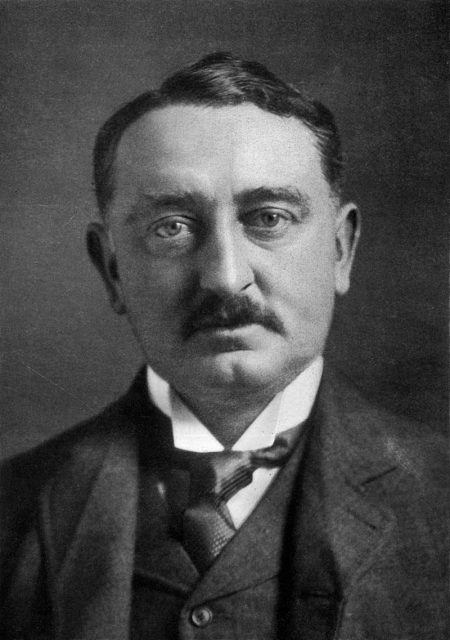
The political aims were straightforward: the Rhodesians wanted formal independence, and the British didn’t want to give it to them. In 1965, the Rhodesian people made a declaration of independence to formalize the de facto independence from the crown they had existed under for decades.
By 1965, the British crown was apt to give them their independence, except that Ian Smith, Rhodesia’s prime minister, wanted more than just a legalization of the status quo, which would have likely included Rhodesia as a member of the commonwealth akin to Australia and Canada. Smith wanted actual full sovereignty.
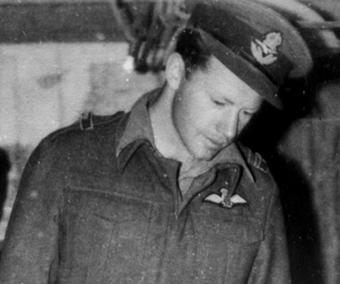
Enter the white rebels, who in 1965 wanted to strip the African majority of the few rights it enjoyed. They felt their historical ability to rule was proof enough of their superiority, especially when compared to the black politicians who had taken over in neighboring states.
Initially, Smith thought London would not send forces to pacify the rebellion due to services rendered in assisting Britain in its previous military engagements. Regardless of his reasoning, he was correct in that Britain would not use force to crush the rebellion.
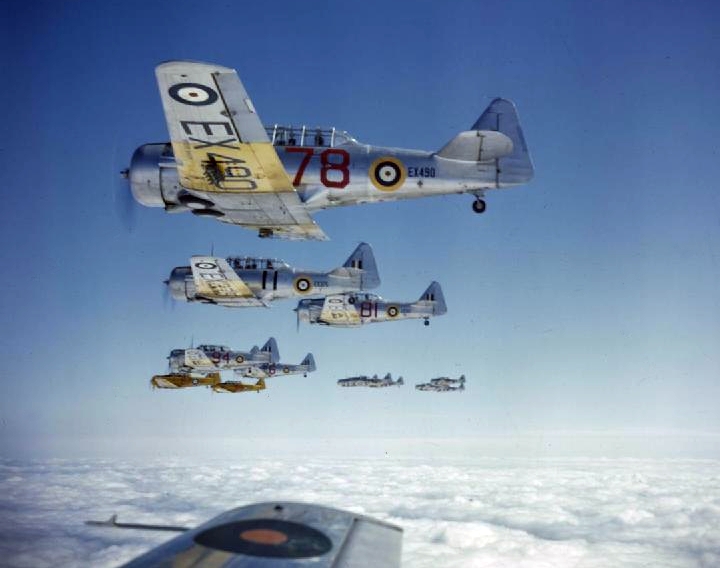
Instead, they opted for half-hearted sanctions, which were never fully realized and served only to boost the rebel colony rather than undermine its aims. For example, Britain supplied oil to the rebels, while the United States traded in strategic materials like chrome. The Soviets dealt with Rhodesia. The Yugoslavs imported heavy machinery and often brought gifts of plum brandy and cigarettes.
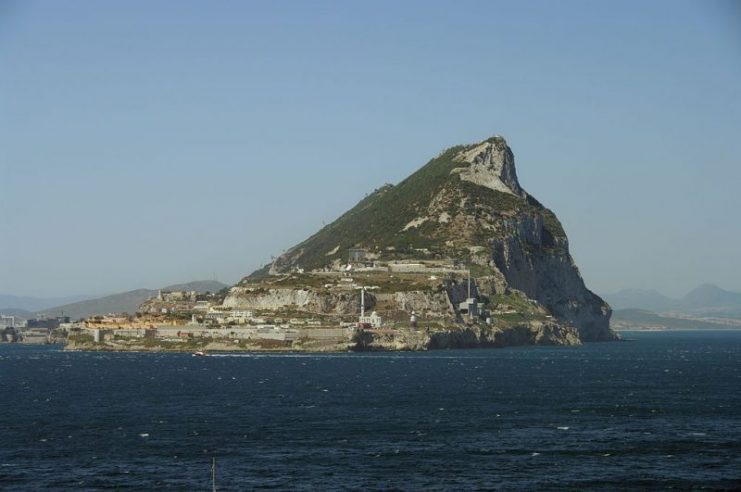
Britain’s attempts to settle with Salisbury ended in 1973. London had offered more concessions with every settlement proposal. The end came about with an impasse: no confrontations with South Africa and no use of force.
The contradictions inherent in the agreement culminated in more flawed sanctions and growing Rhodesian disagreement. For Smith, these negotiations conferred on him a measure of international respect and credibility at home.
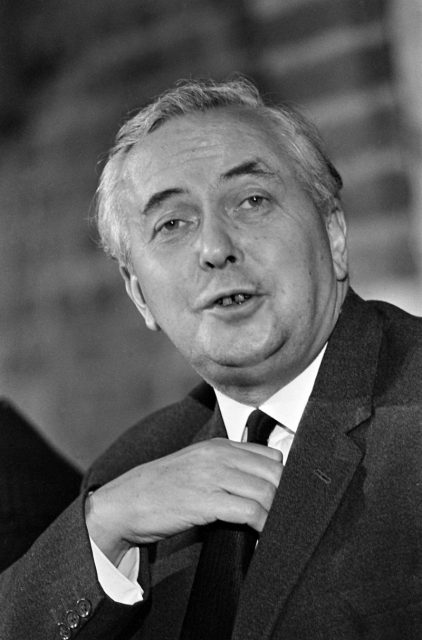
Even though Black Nationalist movements spent as much time fighting each other as engaging Smith’s troops, the writing was on the wall for Smith’s people as early as 1965. They knew that black rule was not only probable but inevitable. They could only prolong the struggle by attempting to forge further divisions in the political make-up of the nationalist groups and by not only applying but reinforcing sanctions.
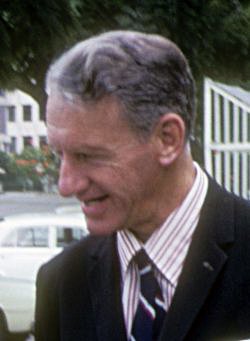
Ultimately, armed conflict was as inevitable as the tides. The three stages of the war were from the declaration of independence to 1972; the ‘no-win’ war of 1972-1976; and from 1976-1980 when the Rhodesians ended up fighting in a war that they would have had no way of surviving if not for the intervention of the Lancaster House talks.
These talks allowed for both the creation and recognition of the Republic of Zimbabwe and replaced the state of Rhodesia initially created by Smith’s Unilateral Declaration of Independence.
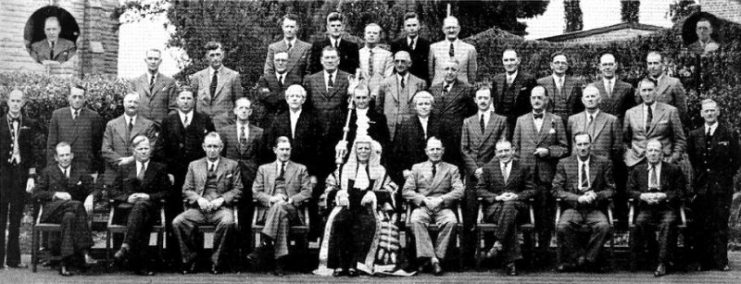
Ultimately, Smith had to accept majority rule. Arms started to pour in and future battle lines were drawn. The Cubans prepared an invasion plan for Russia’s puppet guerrilla forces, led by Joshua Nkomo and Robert Mugabe, and by the middle of 1979, ninety-five percent of Rhodesia was under martial law.
The country was being run by its senior generals, led by Lieutenant-General Peter Wallis and Ken Flower of the intelligence service, who were behind the scenes controlling the actions of Prime Minister Bishop Muzorewa, who had won the national election in April of 1979.
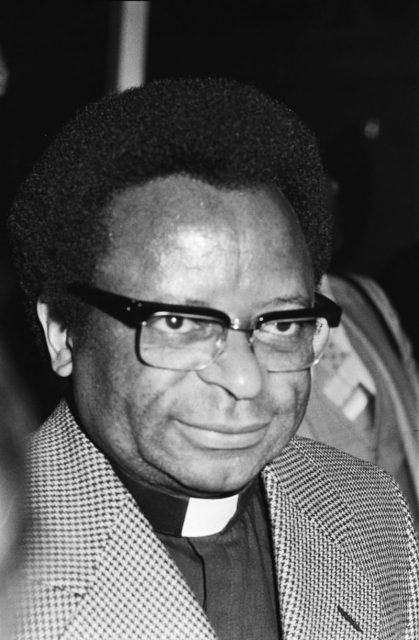
The Marxists in Mozambique backed Mugabe to the tune of 500 regular troops, and the white soldiers were swiftly overwhelmed by the guerrillas’ sheer numbers. Muzorewa’s government courted international recognition from its colonial parent only to be denied by Prime Minister Margaret Thatcher in 1979, signaling Muzorewa’s downfall. In April of 1980, Zimbabwe became independent.
Naturally, Muzorewa’s former government felt betrayed rather than defeated, but they understood that the only means of stopping the fighting was to hand over the control of the state to Mugabe. They found a convenient way of solving the problem, and while most of them felt it was dishonest and immoral, it was also effective.
